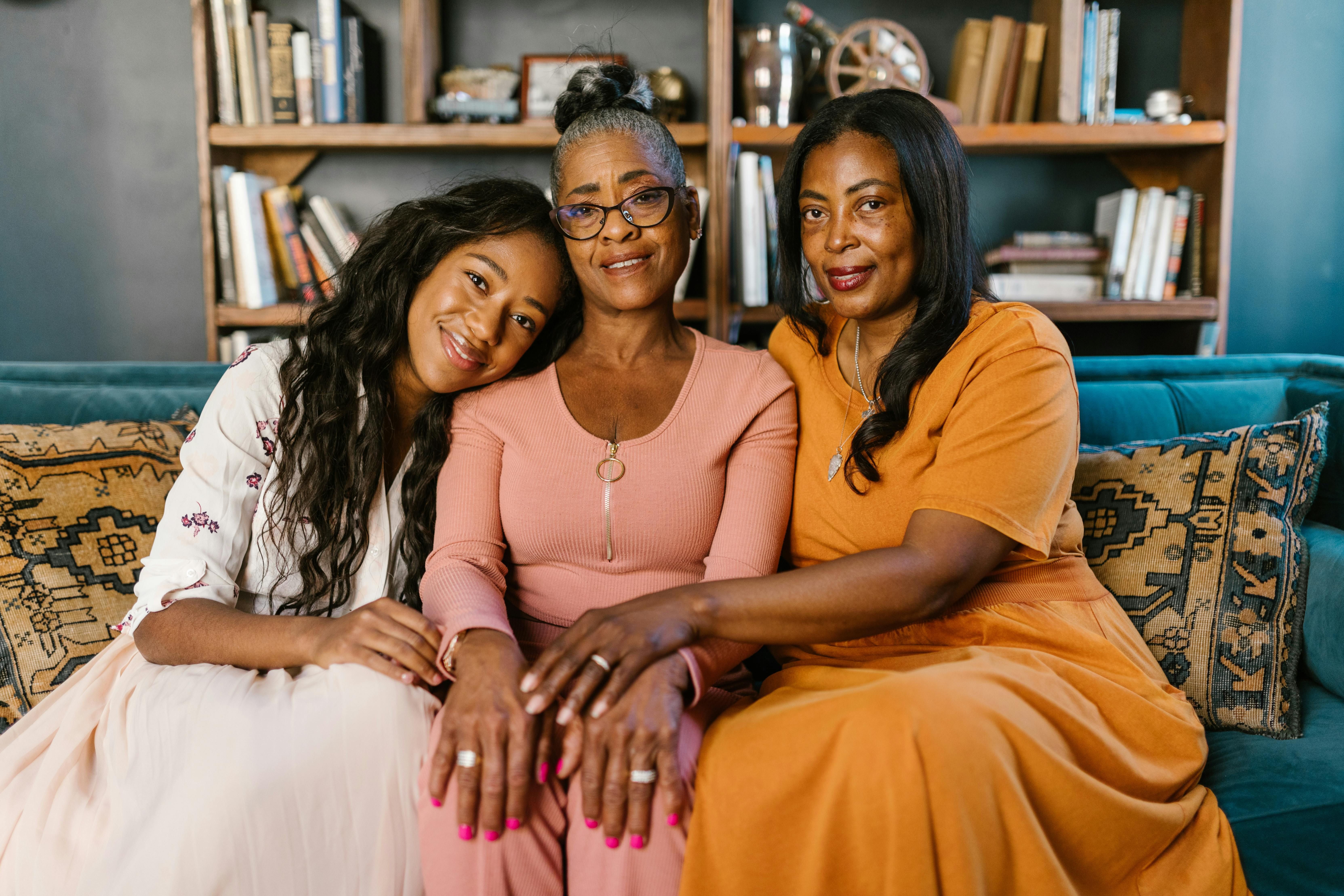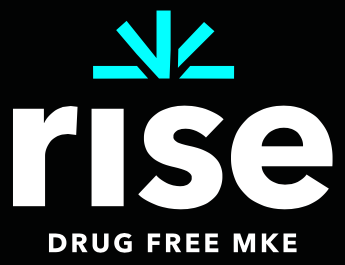
Mental health stigma within Black communities remains an on-going challenge, deeply rooted with historical trauma and systemic mistrust. The history of discrimination, along with cultural and socioeconomic factors, has contributed to a silence around mental health issues. Yet, within this complex story, there is also a rich tradition of resilience and strength.
Breaking through the Stigma
Breaking through this stigma requires intentional and often uncomfortable conversations. It is crucial to acknowledge historical barriers, while creating environments where seeking help is normalized and seen as a strength. Open, honest conversations about mental health can help dismantle misconceptions and foster a culture of support and understanding.
It's especially important to have these conversations with our young people. A recent report from the state of Wisconsin Office of Children’s Mental Health found that overall, high school students are dealing with more anxiety, depression, and thoughts of suicide than they did ten years ago. What can help is being able to turn to a trusted adult who will listen without judgment and provide support. This is especially true of Black youth, who are most likely of all students to say that an adult—not their friends—would be their best source of support.
Embracing mental wellness as a communal journey highlights the importance of this issue. By sharing experiences and resources, we show that mental health is a vital part of overall wellness. Together, we can build a future where mental health is openly embraced, and individuals are empowered to seek the support they need. This shift in focus enhances individual lives and strengthens our communities collectively.
By decreasing stigma and promoting healing, we honor our past while paving the way for a healthier, more supportive future.

